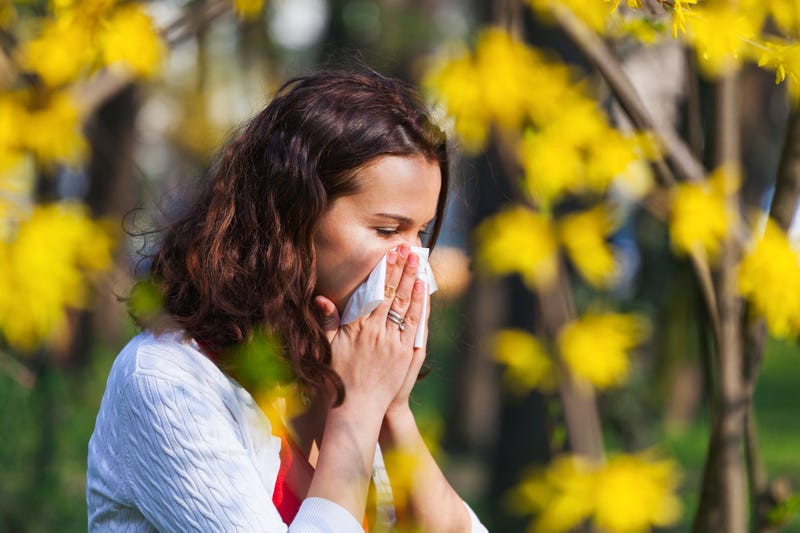
North Texas is experiencing a severe mountain cedar fever season, with high levels of pollen causing significant discomfort for allergy sufferers. The Texas A&M Forest Service reports that cedar fever season typically runs from November to March, with symptoms including runny noses, watery eyes, and sneezing.
Local allergists recommend starting allergy medications and antihistamines early to combat the symptoms. Additionally, changing air filters and bedding can help reduce exposure to allergens.
Residents are advised to keep windows and doors closed and to change clothes after spending time outdoors. Despite the warmer temperatures, the high pollen levels are expected to persist in the coming days. Cedar Hill State Park visitors have already felt the impact, with many experiencing flare-ups while enjoying outdoor activities. Experts emphasize the importance of taking preventive measures to minimize the effects of cedar fever.
As the season continues, it's crucial for those affected to stay vigilant and seek appropriate treatment. The community is bracing for more days of discomfort, but with the right precautions, the impact can be managed. Cedar fever is a recurring challenge in North Texas, but awareness and early action can make a significant difference for allergy sufferers.
LISTEN on the Audacy App
Tell your Smart Speaker to "PLAY 1080 KRLD"
Sign Up to receive our KRLD Insider Newsletter for more news
Follow us on Facebook | Twitter | Instagram | YouTube
